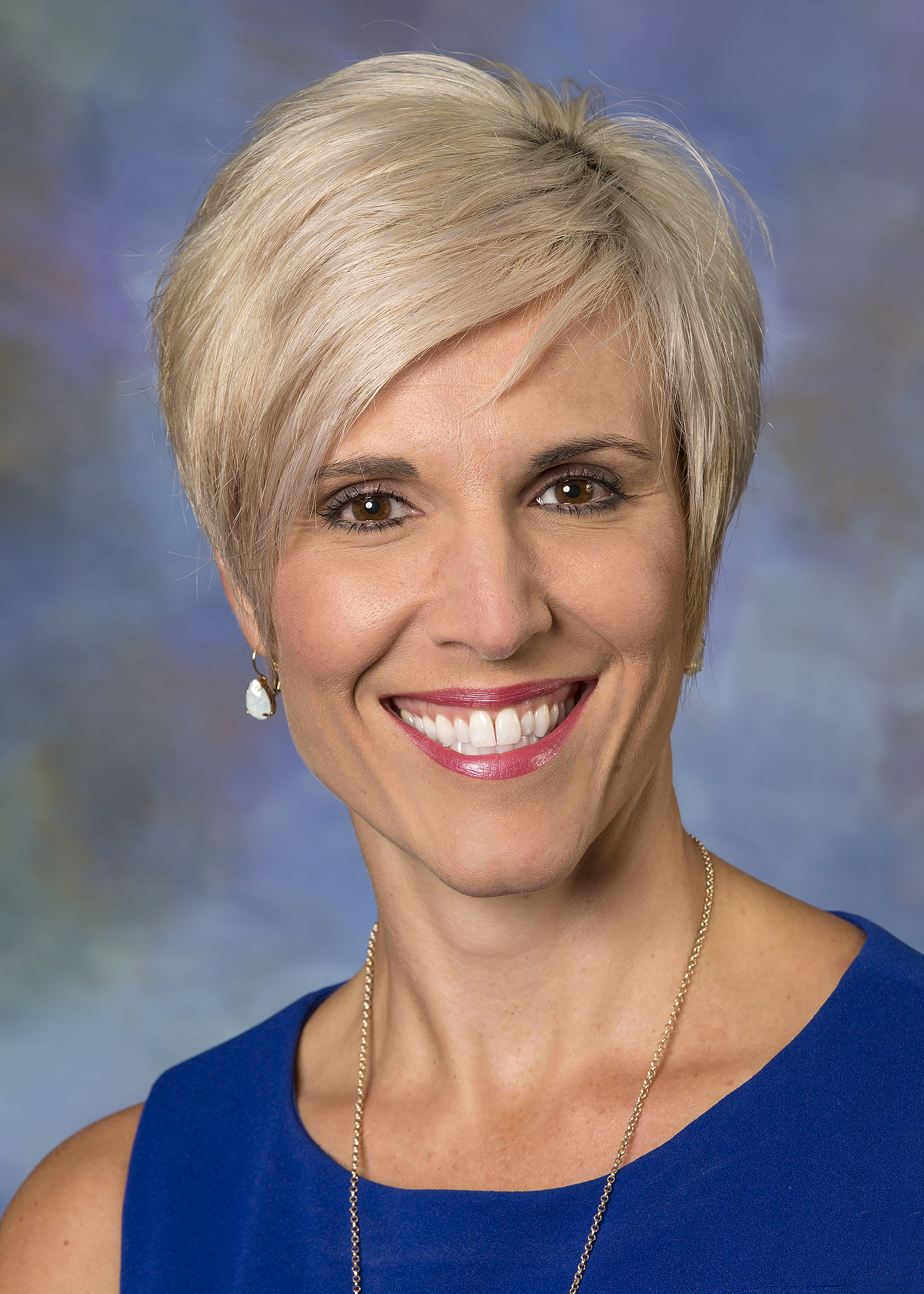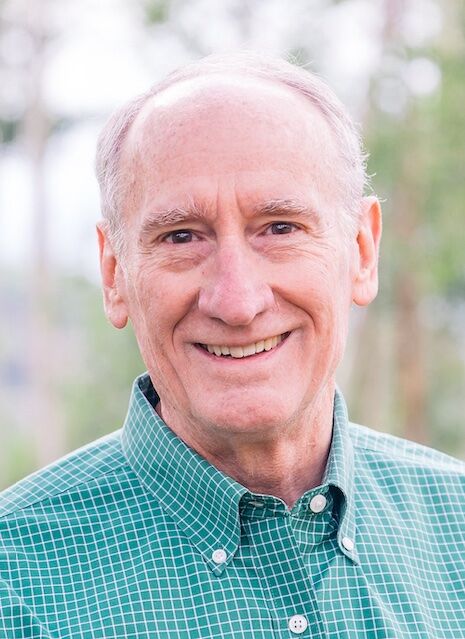Say no to bill that makes housing less affordable


Colorado has a housing affordability crisis. It’s rare that you find Democrat and Republican elected officials agreeing on anything, but the call for affordable housing has become that unifier. That’s why SB22-136, Concerning Special District Governance, is so alarming.
SB22-136 is a wolf in sheep’s clothing that is presented as special district reform but will ultimately slow or stop the building of new homes like the Montava project in Fort Collins, which includes 600 units of affordable housing. Without a metro district, which is a type of special district, this project and these units would not be possible. Sadly, efforts like SB22-136 will only exacerbate Colorado’s affordability challenge.
Colorado legislators must vote no on SB22-136 because it undermines the ability of cities and counties to decide whether they want to allow special districts to fund public services and infrastructure to support new growth. Cities and counties already struggle to fund services like fire protection and roads due to the limitations of TABOR because voters regularly say “no” to measures that don’t directly benefit them. Thus, for growth to pay its own way, cities and counties rely on special districts.
So, what does SB22-136 do? To begin, it introduces a new referendum process for ALL special districts, which simply does not work because special districts do NOT enact local ordinances or legislate. The same is true for school districts, which also do not have this power. The powers of initiative and referendum that are reserved in the Colorado Constitution are for statewide and municipal electors acting in a legislative role, not special-district electors. Thus, an amendment to the state constitution is likely necessary for this right to apply to other forms of government in Colorado.
Practically speaking, applying a referendum process to potentially every board decision to finance or construct what a city or county has already approved introduces uncertainty about the completion of the improvement or ability to provide the service, ultimately stopping new development before it starts. It’s also important to note that elections are expensive. The average special-district election costs $40,000. With this measure, taxpayers who move into a district expecting to have fire protection, roads, sewer and parks may find themselves paying for frequent elections that are brought by people who have their roads and sidewalks but don’t care to fund the roads and sewer for the second and third phase of the development.
Another burdensome component of SB22-136 is the costly mandate that districts print and mail their monthly board packets to all residents. In the Digital Age, is printing a 300-page board packet and sending it by mail to all residents the most effective, efficient or environmentally-friendly way to ensure residents know what is happening in their district? What happened to posting on a website, like cities and counties do all over our state and as currently provided for in Colorado law?
Finally, SB22-136 attempts to circumvent Colorado election laws which are the foundation of all democratic elections. SB22-136 mandates that a duly-elected or appointed board member must immediately step down by yielding to a resident who has submitted a self-nomination form. It does not consider an original board member of the district a duly-elected officer even though they own property and pay taxes in the district like any other property owner. Under current law if the eligible electors of the district want any board member off the board, they vote in the election or use the recall election process. Electors in special districts have the same options available to voters in all other types of elected local governments in Colorado.
Special districts serve an important role in Colorado. They build, operate and maintain public infrastructure like roads and sewer and provide important services like fire protection. SB22-136 is a wolf in sheep’s clothing that will create uncertainty in the market and have the effect of slowing or stopping the building of new homes. At a time when the affordability of housing is the rallying cry for Coloradans, is it responsible to undermine the tool that cities and counties use to allow new home development? We urge a NO vote no on SB22-136.
Kristi Pollard is the executive director of the Metro District Education Coalition, a nonprofit association dedicated to educating Coloradans on metropolitan districts’ work and their impact on our communities.










